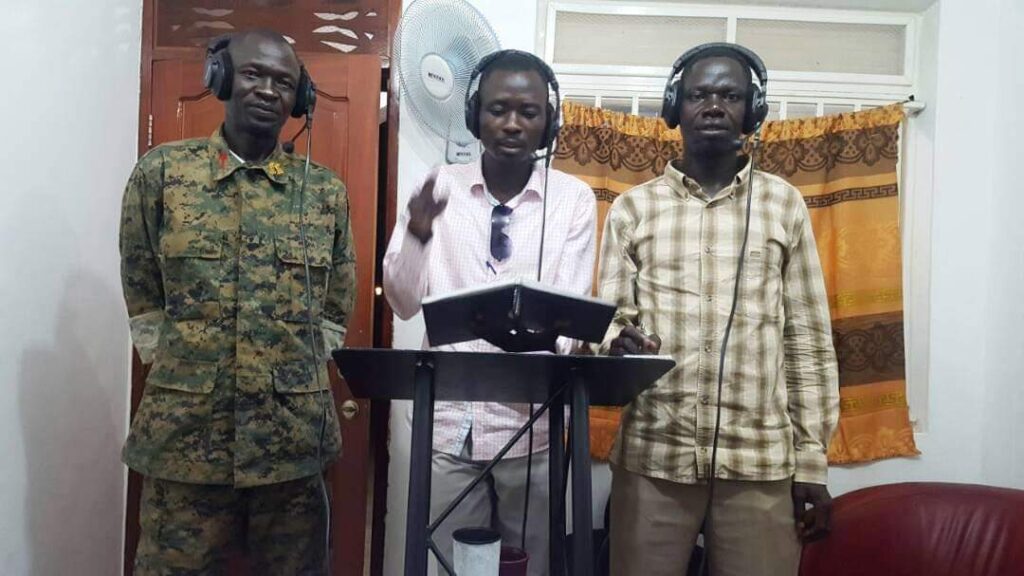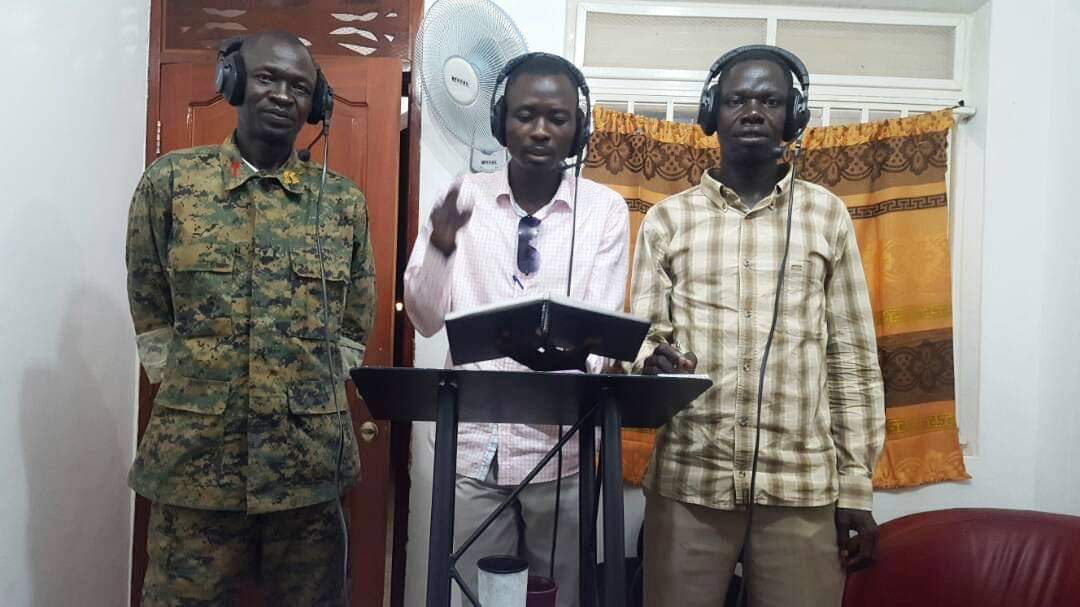Is The Lords Prayer Optional or A Must For Christians Today?

The classic Lord’s Prayer is found in Matthew 6:9-13 and also in Luke 11:2-4. Matthew 6:9-13. Let’s first look at it, “This, then, is how you should pray: ‘Our Father in heaven, hallowed be your name, your kingdom come, your will be done on earth as it is in heaven. Give us today our daily bread. Forgive us our debts, as we also have forgiven our debtors. And lead us not into temptation, but deliver us from the evil one.'” Many people wrongfully misunderstood the Lord’s prayer, thinking it had some magical and special power attached to those specific words directly from Himself. Some pray it off their heads.
In scripture, God is more interested in our hearts during Prayer than words. “But when you pray, go into your room, close the door, and pray to your unseen Father. Then your Father, who sees what is done secretly, will reward you. And when you pray, do not use vain repetitions as the heathen do. They think they will be heard for their many words” (Matthew 6:6-7). During prayer, we are to pour our hearts into God (Philippians 4:6-7), not only repeating memorized words to God.
The Lord’s Prayer should be an example to believers of how to pray guide. It adds “flavors” that should go into prayer. Let’s break it down.
–“Our Father in heaven” means address your prayers to the Father.
–“Hallowed be your name” teaches us to worship God and praise Him during our prayers for who He is.
–“Your kingdom come, you will be done on earth as it is in heaven” reminds us to pray for God’s plan in our lives and the world, not our own ways. We are to pray for His will to be done, not our own will. We are to ask Him for our needs as well.
–“Give us today our daily bread.” “Forgive us our debts, as we also have forgiven our debtors.” We should confess our sins, turn from them, and forgive others as God Himself has forgiven us.
“And lead us not into temptation, but deliver us from the evil one.” Here, we plead for help to be victorious over sin and request His protection from the attacks of the enemy Satan.
In conclusion, it’s okay to know the Lord’s Prayer off head, but it’s not a prayer to memorize and repeat to God but an example of how we should pray. Primarily, we are to pour our own hearts because God is more interested in our communication with Him from our hearts than limiting ourselves to specific words. Philippians 4:6-7 reads, “Do not be anxious about anything, but in everything, by prayer and petition, with thanksgiving, present your requests to God. And the peace of God, which transcends all understanding, will guard your hearts and your minds in Christ Jesus.”
In conclusion, it’s okay to know the Lord’s Prayer off head, but it’s not a prayer to memorize and repeat to God but an example of how we should pray. Primarily, we are to pour our own hearts because God is more interested in our communication with Him from our hearts than limiting ourselves to specific words. Philippians 4:6-7 reads, “Do not be anxious about anything, but in everything, by prayer and petition, with thanksgiving, present your requests to God. And the peace of God, which transcends all understanding, will guard your hearts and your minds in Christ Jesus.”
During prayer, we sometimes have items to list before God, some of which are not found in the Lord’s prayer. We can, therefore, pray to God bearing the key points in the Lord’s prayer in mind in our own way as the Spirit leads rather than locking ourselves up lest we become religious.
Thanks













